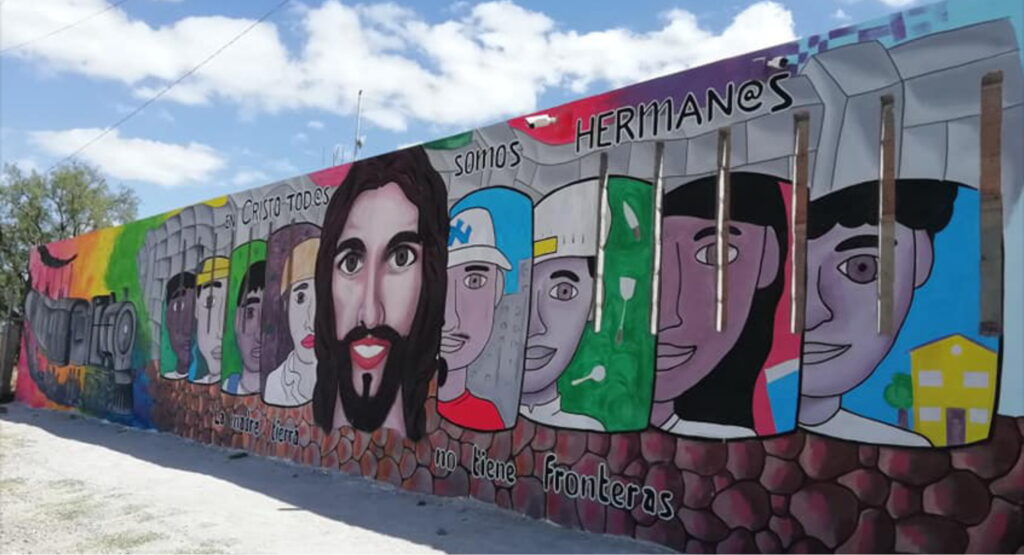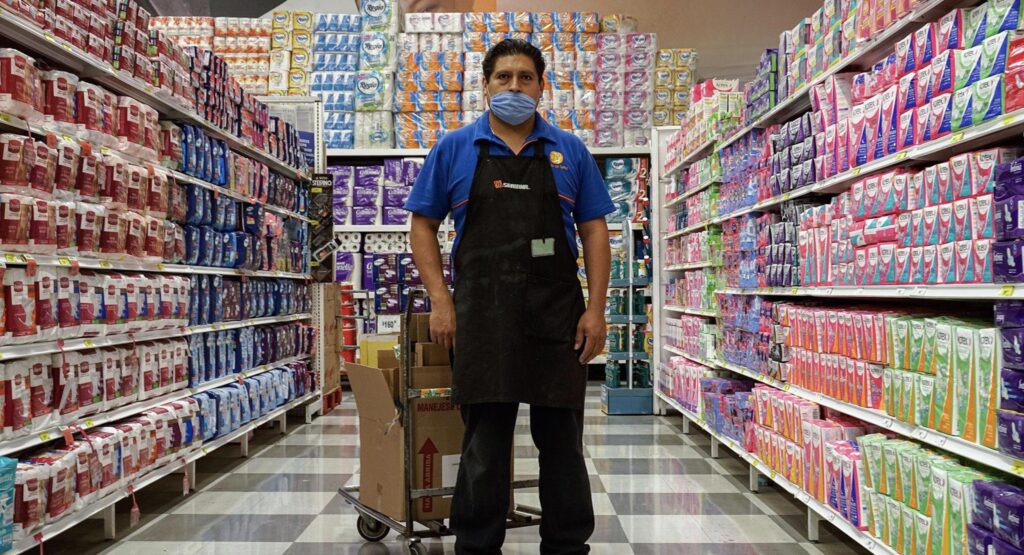Migrant Shelters and Food Insecurity in Mexico City and its Metropolitan Area During the COVID-19 Lockdown
The COVID-19 pandemic dramatically exacerbated vulnerabilities among migrant populations globally, and Mexico was no exception. This paper examines the experiences of four migrant shelters in Mexico City and its metropolitan area during the pandemic lockdown, highlighting how these institutions responded to the twin challenges of public health and food insecurity. The study draws on ethnographic […]


